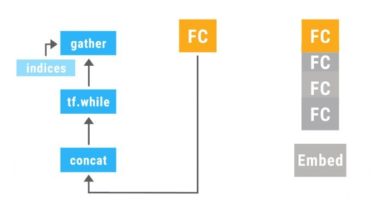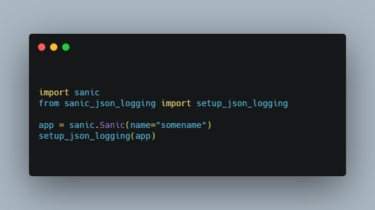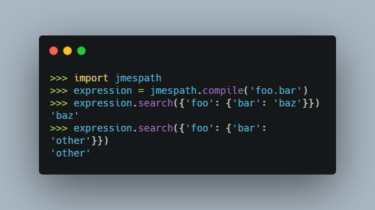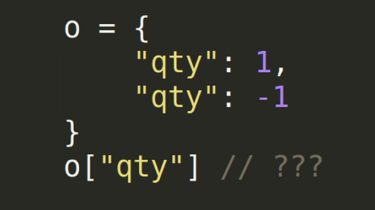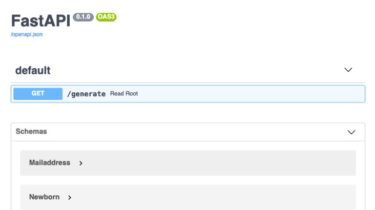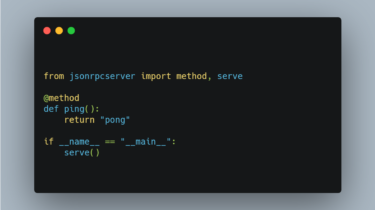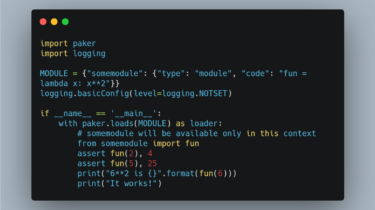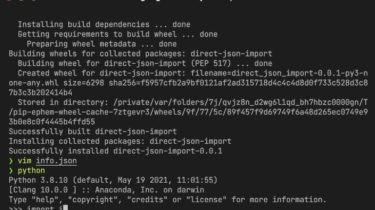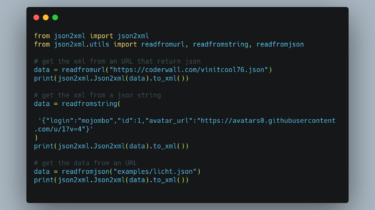JSON:API support for Django REST framework
Overview JSON:API support for Django REST framework By default, Django REST framework will produce a response like: { “count”: 20, “next”: “http://example.com/api/1.0/identities/?page=3”, “previous”: “http://example.com/api/1.0/identities/?page=1”, “results”: [{ “id”: 3, “username”: “john”, “full_name”: “John Coltrane” }] } However, for an identity model in JSON:API format the response should look like the following: { “links”: { “prev”: “http://example.com/api/1.0/identities”, “self”: “http://example.com/api/1.0/identities?page=2”, “next”: “http://example.com/api/1.0/identities?page=3”, }, “data”: [{ “type”: “identities”, “id”: “3”, “attributes”: { “username”: “john”, “full-name”: “John Coltrane” } }], “meta”: { “pagination”: { “count”: […]
Read more